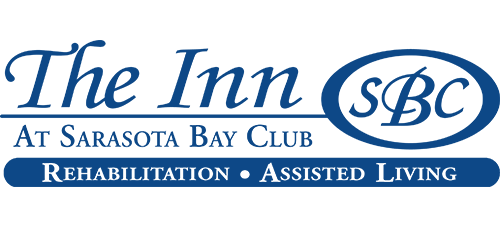 More and more people are turning to at-home genetic testing in order to learn more about their health. An at-home genetic test for Alzheimer's is available for those concerned about acquiring the disease later in life. The tests are not without risks, bringing many health experts to question their reliability.
More and more people are turning to at-home genetic testing in order to learn more about their health. An at-home genetic test for Alzheimer's is available for those concerned about acquiring the disease later in life. The tests are not without risks, bringing many health experts to question their reliability.
Related Blog: Signs and Symptoms of Alzheimer's & Dementia
At-Home Genetic Tests: The Risks
Health experts point out the following factors that affect the reliability of at-home genetic testing for Alzheimer's:
False sense of security or needless fear—It is very easy to misunderstand the test results, which results in falsely believing one is not at risk or needlessly worrying about the future. Knowing how to interpret the test results and understanding what the results mean is vitally important to how you move forward.
The gene factor—If a genetic at-home test like the one for Alzheimer's doesn't reveal a genetic variant for the disease, it doesn't mean you won't get the disease. If some gene mutations are linked to a specific disease, the test doesn't factor in other conditions such as obesity that must be present for the disease to actually occur.
The ApoE4 gene—The presence of this gene indicates the risk for Alzheimer's but does not indicate the development of the disease. Distinguishing between risk and development when reading at-home genetic test results is extremely important to understanding your future health.
Three billion base pairs—There are three billion base pairs of genes in a person's entire DNA. This many genes makes it impossible to learn everything there is to know. At-home testing focuses on only a few, specific areas. When it comes to heart disease and cancer, at-home tests aren't available due to the complexity and inability to trace using DNA.
Additional Concerns
The U.S. Food and Drug Administration cautions consumers that the tests do not substitute for a health evaluation by a medical professional. Other concerns involve health information posted online, which is how most consumers obtain their results. Online medical information isn't privy to the same privacy laws as information gathered in a doctor's office.
Advocates Cite Benefits
Advocates for at-home genetic testing cite the access to medical knowledge consumers without insurance may not have. They also cite the interest in taking ownership of one's health that is generated by the at-home tests. The key factor, according to advocates, is understanding that at-home genetic testing is about risk and not a diagnosis.
Sarasota Bay Club
No matter what an at-home genetic test might reveal, it is always a good idea to follow up with a medical professional. Remember that these tests are only reliable in identifying if you are at risk for developing a disease such as Alzheimer's. The tests do not factor in other conditions that must be met in order for the disease to actually form.
There's no crystal ball for telling the future. Planning ahead and, for the unknown, is important no matter what your health. At Sarasota Bay Club, we provide luxury retirement living along with rehabilitation and skilled nursing care. Our new facility, Bayshore Place at the Inn, provides secure assisted living and cognitive care.
Our residents believe in living life to the fullest. The professional staff at the Sarasota Bay Club and Bayshore Place make this possible by providing outstanding care and companionship. For more information, or to schedule a tour, contact us today. Whether it's for you or a loved one, treat yourself to visiting the best of retirement living and skilled nursing in the Sarasota area. You will quickly learn why so many choose to call the Sarasota Bay Club and Bayshore Place at the Inn home. We look forward to meeting you, or you and your loved one, very soon!











